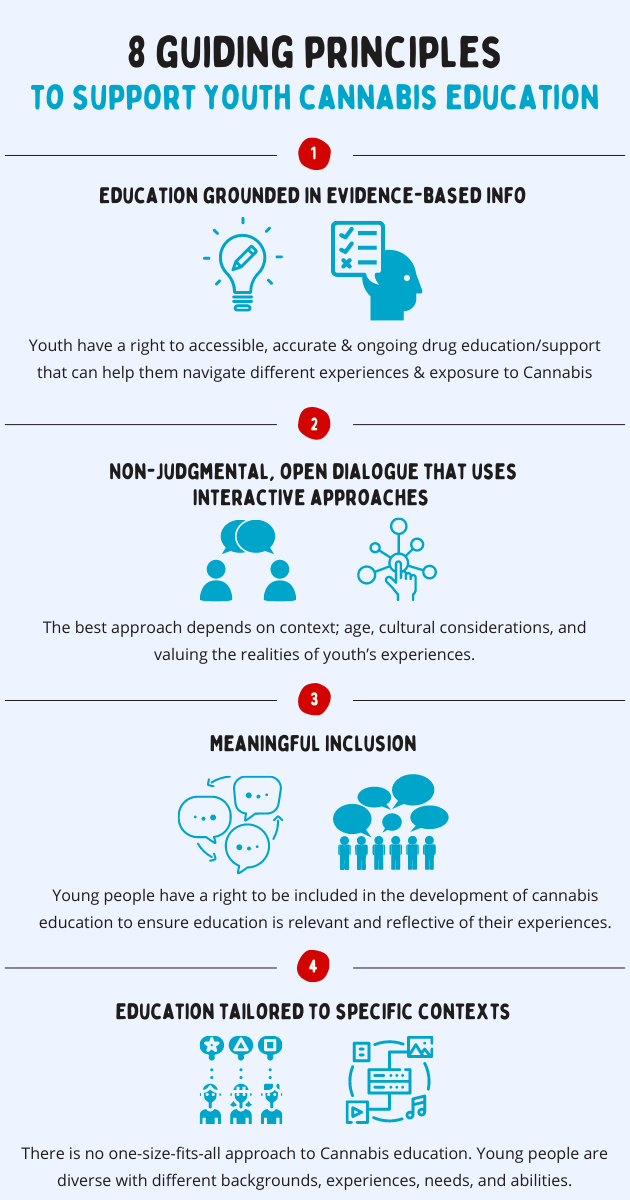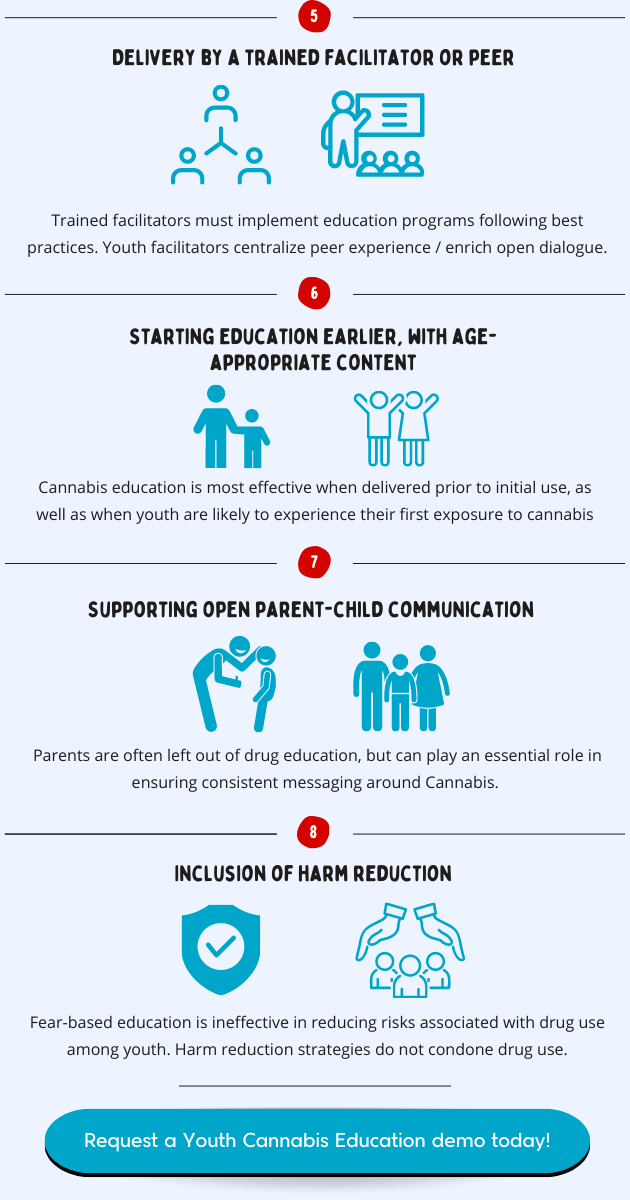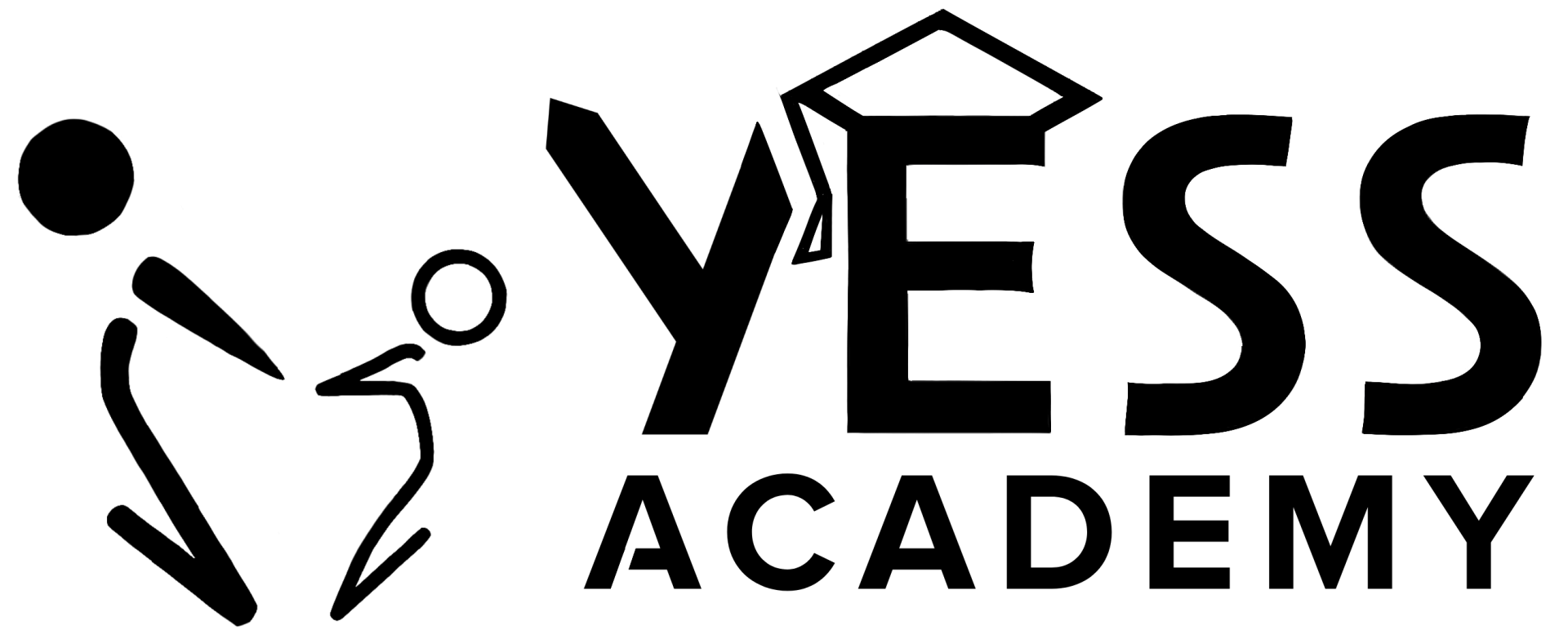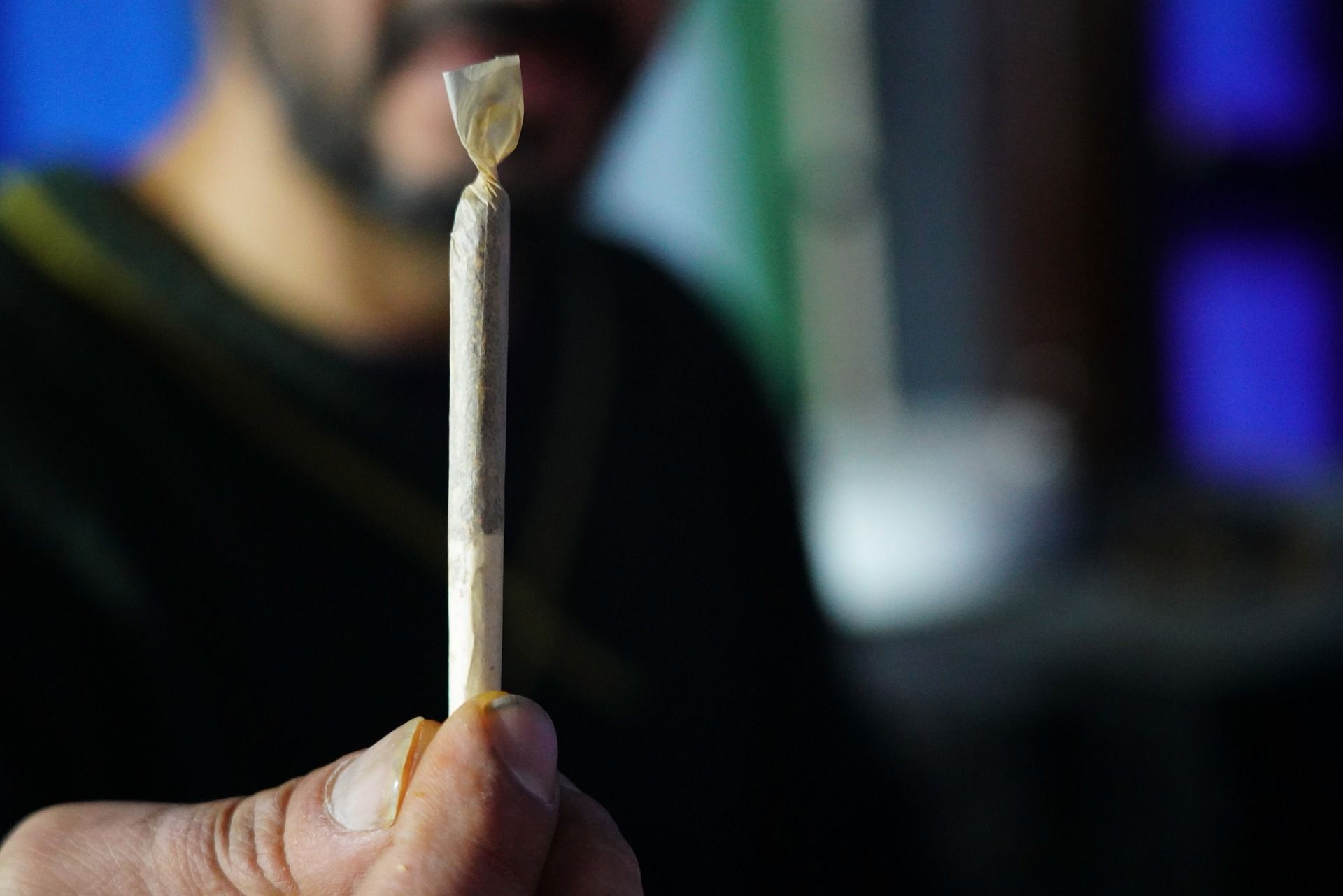As a parent, finding out that your teen is smoking Cannabis (or using it in any of the other many forms in which it can be consumed) can be a shock. It's important to handle the situation with care and understanding as opposed to being angry or reactionary.
Here are some helpful steps you can take:
5. Educate yourself and your child: One of the best ways to prevent Cannabis-use among teens is through education. The YESS Academy offers an interactive Cannabis education course for teens that can help them understand the risks and consequences of Cannabis-use. By educating yourself and your child, you can help prevent future drug use and keep your child safe.
Here are some helpful steps you can take:
1. Stay calm: It's natural to feel upset or angry when you find out your teen is using cannabis, but try to stay calm and avoid reacting in a way that could make the situation worse. Remember, the goal is to have your child see you as a support network and resource when they need help - - not a point of punishment or fear.
2. Have an open conversation: Let your child know that you know by using "I" statements ("I noticed that...." or "I found this...."). Talk to your child about why they are using Cannabis and listen to their perspective ("I want to support you and understand what's goin on in your world. Can you give me a snapshot of what's going on for you?"). It's important to understand the reasons behind their use and to have an open dialogue about the risks and potential consequences.
3. Set clear boundaries: Make it clear that you do not condone drug use and set clear consequences if the behavior continues. At the same time, make sure to express your love and support for your child. Be sure to describe the real legal, neurological, physical, and mental consequences that can come with use.
4. Seek professional help: If you are concerned about your teen's Cannabis-use, seek professional help. This could include a counselor, therapist, or addiction specialist. This could also include education-specific resources.
5. Educate yourself and your child: One of the best ways to prevent Cannabis-use among teens is through education. The YESS Academy offers an interactive Cannabis education course for teens that can help them understand the risks and consequences of Cannabis-use. By educating yourself and your child, you can help prevent future drug use and keep your child safe.
How dangerous is Cannabis?
YESS Academy Cannabis Education Course




